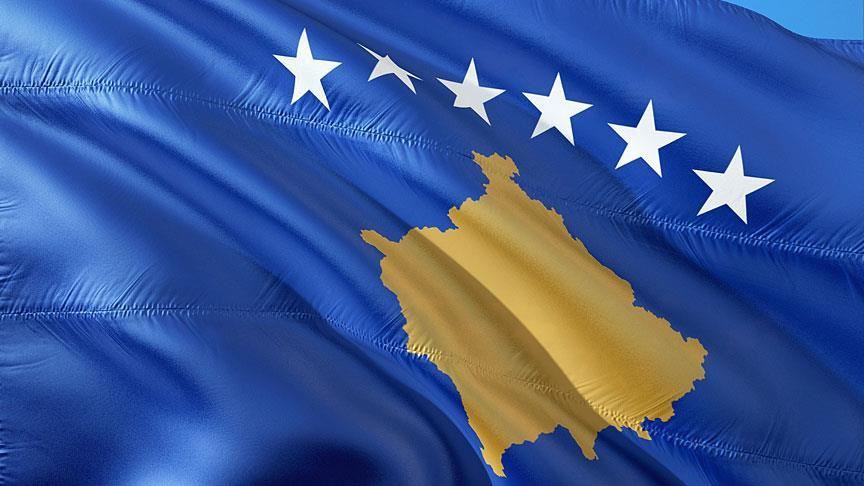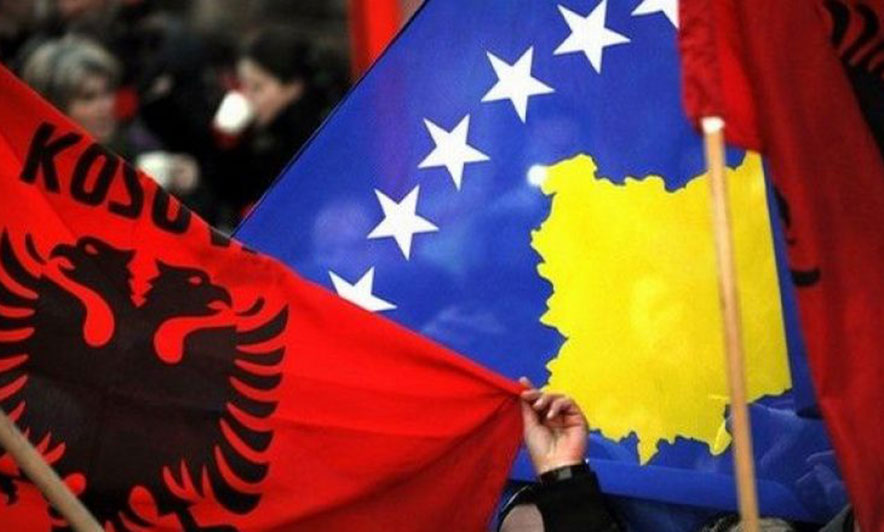
Today is an event marked in the history of Kosovo and the Albanian nation, the 13th anniversary of the Declaration of Independence of Kosovo. This anniversary is remembered in a situation when Kosovo just finished the parliamentary elections, and these days, the formation of the new government is expected and it is hoped that it will be followed by new developments for the country’s prosperity and its safe walk towards the big European family.
On this anniversary, the Bektashi World Leader, His Grace, Haxhi Dede Edmond Brahimaj, has sent a special message to the highest leaders of Kosovo.
This major event of thirteen years ago, has left an indelible mark for today’s generations and those to come, not only for Kosovo, but for the entire Albanian nation.
… On February 17, 2008 at 15:39 the Assembly of the Republic of Kosovo announced the Declaration of Independence of Kosovo. In a meeting attended by 109 out of 120 deputies, the Assembly of Kosovo unanimously declared Kosovo an independent, sovereign and democratic state. Among other things, the Declaration of Independence of Kosovo states: “We, the leaders of our democratically elected people, through this Declaration declare Kosovo an independent and sovereign state. This proclamation reflects the will of our people and is in full compliance with the recommendations of the United Nations Special Envoy, Martti Ahtisaari, and his Comprehensive Proposal for the Kosovo Status Settlement ”.
The legality of Kosovo’s Declaration of Independence has been a contentious issue for some time. Serbia objected, demanding an assessment of its international validity and support for its position, ostensibly that Kosovo’s Declaration of Independence was illegal. Following this development, in October 2008, Serbia sought an advisory opinion from the International Court of Justice. On 22 July 2010, the Court found that the Kosovo Declaration of Independence did not violate international law. The Declaration of Independence of Kosovo on February 17, 2008, was the culmination of a long and difficult journey for the citizens of Kosovo. For years, until June 1999, citizens suffered the consequences of ethnic cleansing by the Serbian regime of Slobodan Milosevic. Following the end of the war and the deployment of international troops in Kosovo, the final status process officially began in November 2005. From 13 June 1999, when Serbian forces were forced to leave Kosovo, the country was administered by the United Nations UNMIK mission and Kosovo’s democratic institutions: the Assembly, the President and the Government. Although Serbia had no control over Kosovo, Security Council Resolution 1244 repeatedly mentioned that Kosovo was a UN protectorate but legally part of the Federal Republic of Yugoslavia. On February 2, 2007, the special envoy for the status of Kosovo, Marttii Ahtisaari, submitted his proposal to Pristina and Belgrade for Kosovo’s conditional independence, a step that led to the creation of an independent state. After several rounds of talks, Kosovo declared independence on 17 February 2008.
On July 22, 2010, the International Court of Justice confirmed through an advisory decision that Kosovo’s Independence has not violated any article of International Law.
The declaration of independence was made by the deputies of the Assembly of Kosovo, as well as by the President of Kosovo at a meeting held in Pristina, the capital of Kosovo, on February 17, 2008. This was approved by a unanimous quorum, with 109 members. Eleven deputies representing the Serb minority boycotted the procedure. Nine representatives of other ethnic minorities were part of the quorum. The terminology of the statement states that Kosovo’s independence is limited to the principles set out in the Ahtisaari plan. It forbids Kosovo from joining any other country, offers only limited military capabilities, says Kosovo will be under international supervision and provides for the protection of ethnic minorities. The original papyrus version of the declaration was signed by the delegates on the same day. The text of the declaration in Albanian is the only authentic text.


